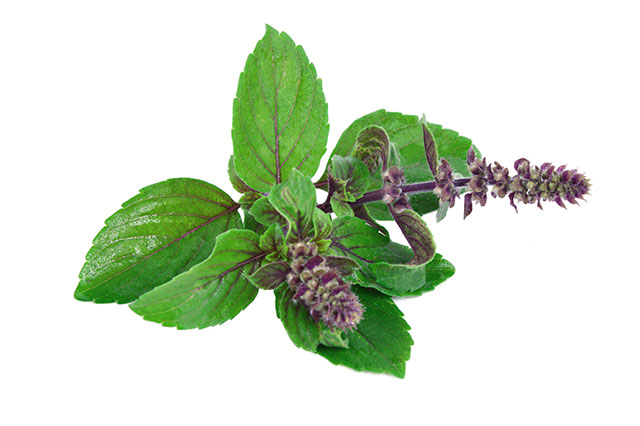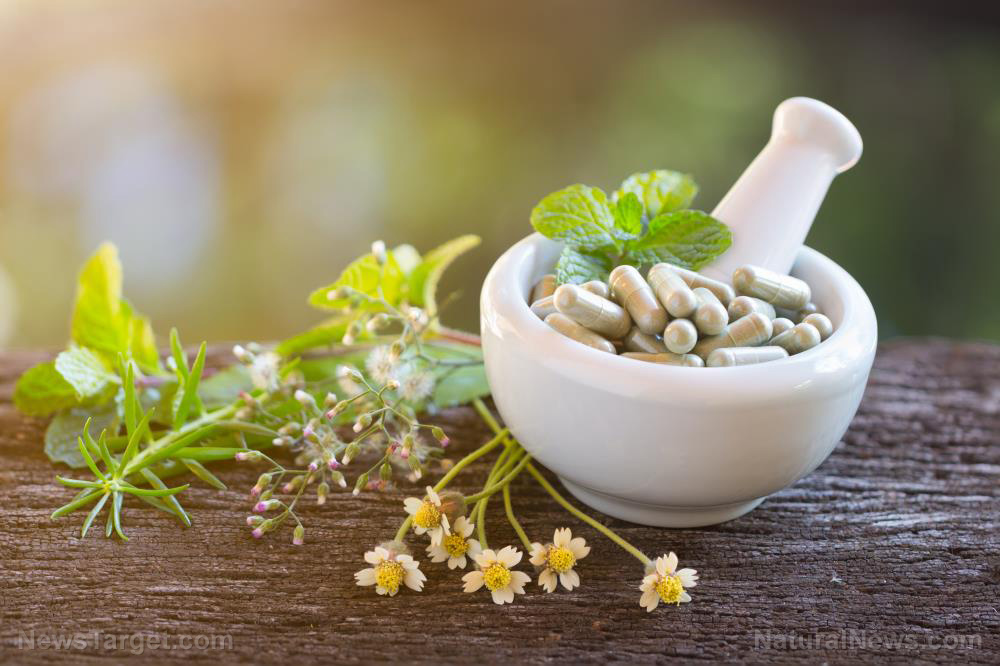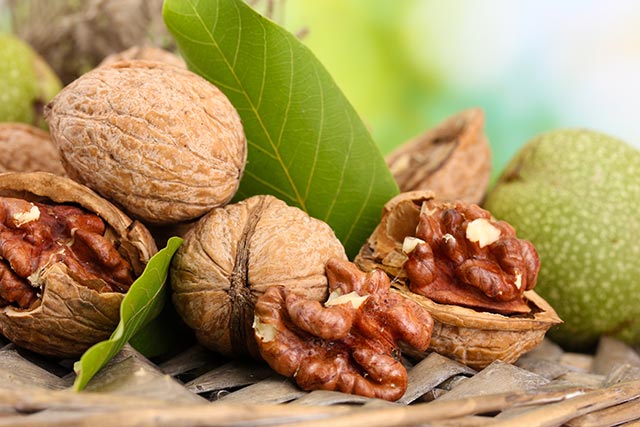Study reveals the powerful pain-relieving properties of ashwagandha
10/30/2018 / By Michelle Simmons

People experiencing knee joint pain and discomfort, particularly those with knee osteoarthritis, may find relief in an Ayurvedic medicine called ashwagandha (Withania somnifera). A study published in the Journal of Ayurveda and Integrative Medicine found that the root and leaf extracts of ashwagandha relieve knee pain and discomfort caused by osteoarthritis.
Many patients with osteoarthritis use drug medications, such as non-steroidal anti-inflammatory drugs (NSAIDs), opioids and non-opioid analgesics, and intra-articular steroids, for their condition. However, these drugs are ineffective and even cause severe side effects.
In the search for safe and effective natural pain relief treatments, researchers from Nizam’s Institute of Medical Sciences (NIMS) in Hyderabad, India evaluated the efficacy and safety of the root and leaf extracts of ashwagandha in patients with knee joint pain and discomfort. Ashwagandha is known to contain analgesic, anti-inflammatory, and chondroprotective properties.
In the study, the researchers recruited 60 patients with knee joint pain and discomfort. These participants received placebo capsules, 125 milligrams (mg) of ashwagandha extract, or 250 mg of ashwagandha extract twice a day for 12 weeks.
The results revealed that participants who received doses of ashwagandha extracts experienced great reductions in pain, stiffness, and disability. Those who received the higher dose of ashwagandha, which was 250 mg, experienced even greater and faster effects than those who received the 125 mg dose. In addition, the ashwagandha treatment did not cause any side effect. Overall, both doses of ashwagandha extract caused significant reductions in pain, stiffness, and disability of patients in a dose-dependent manner without causing any side effect.
100% organic essential oil sets now available for your home and personal care, including Rosemary, Oregano, Eucalyptus, Tea Tree, Clary Sage and more, all 100% organic and laboratory tested for safety. A multitude of uses, from stress reduction to topical first aid. See the complete listing here, and help support this news site.
The findings of the study suggest that ashwagandha is a safe and effective treatment for knee joint pain, stiffness, and discomfort. (Related: Ashwagandha, or Indian ginseng, found to manage and prevent arthritis of the knee.)
Other health benefits of ashwagandha
Ashwagandha has been used for thousands of years as an alternative medicine based on Indian principles of natural healing. In Sanskrit, ashwagandha means “smell of the horse,” which refers to its distinct smell and ability to increase strength. Here are some of the medicinal uses of ashwagandha:
- Ashwagandha can lower blood sugar: Studies have shown that ashwagandha can lower blood sugar levels by improving insulin secretion and sensitivity.
- Ashwagandha can help fight cancer: Animal and test tube studies have demonstrated that ashwagandha can help fight cancer as it helps induce apoptosis, which is the programmed death of cancer cells. In addition, it hampers the growth of new cancer cells by generating reactive oxygen species (ROS) and causing cancer cells to become less resistant to apoptosis.
- Ashwagandha can reduce stress: Ashwagandha can help fight stress by reducing the levels of cortisol, which is the so-called stress hormone. Some studies have also shown that it can block stress pathways in the brain, reducing stress and anxiety.
- Ashwagandha may improve depressive symptoms: A few studies indicate that ashwagandha may help reduce depression. However, more studies are needed to verify this effect.
- Ashwagandha boosts male fertility: Research has shown that taking ashwagandha supplements may increase testosterone levels and improve sperm quality, boosting fertility in men.
- Ashwagandha may enhance strength and muscle mass: Studies have shown that ashwagandha may enhance body composition and increase strength. It can also increase muscle mass and decrease body fat.
- Ashwagandha may reduce inflammation: Ashwagandha has been found to contain anti-inflammatory properties – reducing markers of inflammation and increase immune cells.
- Ashwagandha is good for the heart: Studies have shown that ashwagandha can help prevent heart disease by reducing bad cholesterol and triglyceride levels.
- Ashwagandha may boost brain function: Taking ashwagandha supplements can also boost brain function, memory, reaction times, and the ability to perform tasks, according to studies.
Another good thing about ashwagandha is that it is considered safe for most people at a dosage of 450 to 500 mg once or twice each day.
Read more news stories and studies on safe and effective natural pain relief medicines by going to AlternativeMedicine.news.
Sources include:
Tagged Under: alternative medicine, ashwagandha, herbal medicine, Herbs, natural cures, natural healing, natural medicine, natural medicines, natural remedies, pain, pain relief, pain reliever, Withania somnifera



















